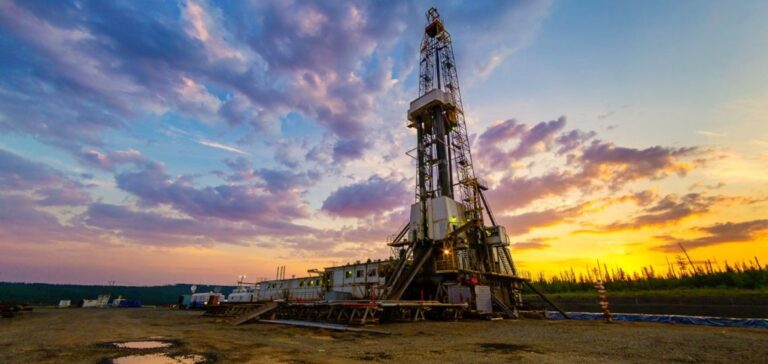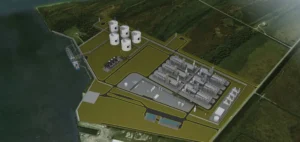Saudi Aramco has awarded contracts totaling $25 billion to expand its natural gas production, responding to the expected increase in energy demand in Saudi Arabia. These contracts cover key projects in the unconventional Jafurah gas field, and are aimed at boosting production capacity to meet national targets. The sale of a large number of shares to foreign investors has undoubtedly encouraged these new investments.
Phase two of the Jafurah development has received sixteen contracts worth $12.4 billion. This field, rich in 229 trillion cubic feet of crude gas and 75 billion barrels of condensate, is central to Saudi Aramco‘s expansion strategy. At the same time, fifteen contracts worth $8.8 billion were signed for phase three of the expansion of the company’s master gas system, which distributes gas to customers across the country.
Increased infrastructure and capacity
Projects include the addition of 23 drilling rigs for $2.4 billion and two directional drilling contracts totalling $612 million. Thirteen well connection contracts at Jafurah, worth $1.63 billion, have also been awarded between December 2022 and May 2024. These developments are designed to increase Saudi Aramco’s gas production capacity, adding significant volumes of ethane, natural gas liquids (NGL) and condensate.
The Jafurah project is scheduled to start up in the third quarter of 2025, with a total investment of over $100 billion, targeting sales of 2 billion cubic feet per day (Bcf/d) by 2030. Saudi Aramco expects to increase its gas sales by at least 60% by 2030, compared with the 2021 baseline.
Compression and fractionation projects
The contracts cover the construction of gas compression facilities and associated pipelines, as well as the expansion of the Jafurah gas plant with gas processing trains, utilities, sulfur and export facilities. They also include the construction of new natural gas liquids fractionation facilities from Riyas to Jubail, with fractionation trains, storage and export services to process NGL received from Jafurah.
Saudi Aramco CEO Amin Nasser said these contract awards show the company’s confidence in the future of gas as an important energy source and vital raw material for downstream industries. The projects are expected to increase the company’s capacity by 3.15 Bcf/d by 2028, and to install 4,000 km of pipelines, as well as 17 gas compression trains.
These developments underline Saudi Aramco’s commitment to meeting the growing demand for natural gas and supporting the country’s energy goals. Current investments strengthen Saudi Aramco’s position as a world leader in the energy industry.






















